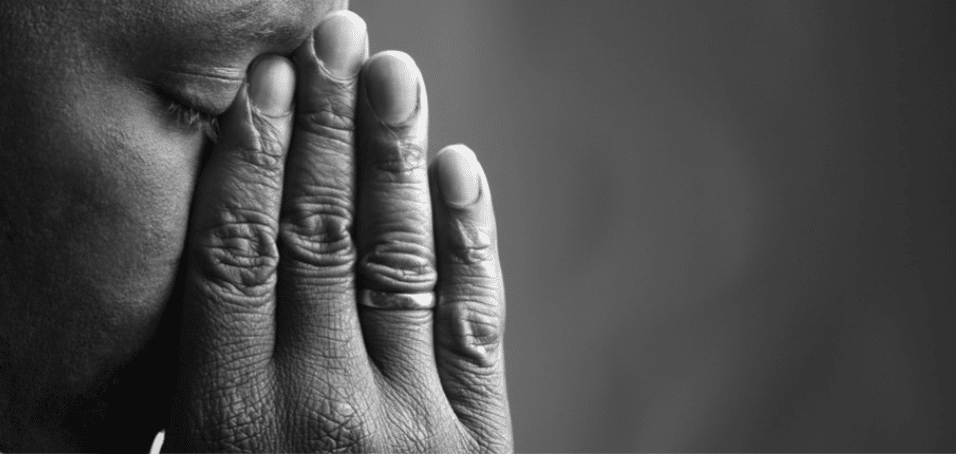In addition to the usual symptoms and pain of grief associated with death, suicide often leaves survivors with complicated reactions and unanswerable questions. It’s normal to almost obsessively ask “why” to look for an answer as to why someone would take their own life. The impact of suicide is sudden and unexpected — it leaves no time to prepare for the emotional blow it delivers. Whether you’ve lost a friend or family member, shock, disbelief, and denial are all common reactions.



